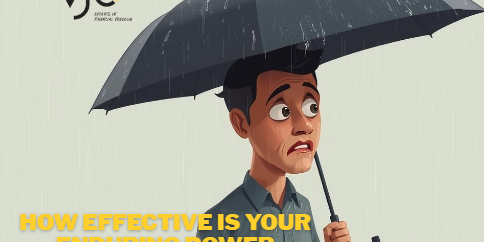Your Guide to Being an Executor of a Will
If you’ve been asked to act as the executor of a Will then the following information will explain exactly what that means and what’s expected of you.
What Happens When Someone Passes Away?
When a loved one dies, there are urgent tasks to take care of straight away, and others that may take months to finalise. In many cases, it falls to the executor named in the Will to handle these responsibilities.
Executors are chosen because they are trusted, have relevant skills, or are beneficiaries themselves.
If you don’t feel comfortable or capable of taking on this role, you do have the option to decline the appointment.
Your Fiduciary Duty as Executor
The primary role of an executor is to carry out the wishes of the deceased as stated in their Will.
Legally, you act as a fiduciary, meaning you have a duty to act honestly, loyally, and prudently in the best interests of the beneficiaries.
It’s critical to avoid any conflicts of interest and to make decisions with care and transparency.
Locating the Will
One of your first tasks is to find the deceased’s valid, most recent Will.
Often, a Will is kept in a safe place—such as with a solicitor, in a safe deposit box, or among personal papers.
If you can’t locate it, you may need to search more widely or place notices in legal publications to help find it.
Never remove staples, separate pages, or mark the original Will before probate. Even minor damage can cause delays or raise questions about the document’s validity.
Do You Need to Read the Will Aloud?
Many people imagine a formal “reading of the Will,” as seen in movies. In Australia, there’s no legal requirement to gather everyone together to read it aloud.
Funerals and Arrangements
As executor, you usually have the authority to arrange the funeral and decide whether the deceased is buried or cremated. If the deceased left instructions in their Will or with a funeral director, those wishes should guide you.
If no clear direction was left, you may need to consult with family members. Ultimately, if there’s disagreement, the final decision is yours.
Funeral costs are paid by the estate. If there aren’t enough funds, there may be government assistance available through Centrelink or the Department of Veterans’ Affairs.
Identifying and Valuing Assets
You’re responsible for identifying and valuing everything the deceased owned and owed. This includes property, bank accounts, investments, superannuation, debts, and personal belongings.
Your tasks will include:
Locating key documents (titles, statements, insurance policies).
Notifying banks, super funds, and government agencies.
Securing the deceased’s property and valuables.
Valuing all assets and liabilities to determine the net estate value.
Professional valuers, accountants, and solicitors can be invaluable in this process.
Applying for Probate
In most cases, you’ll need to apply to the Supreme Court for probate. Probate legally confirms the Will’s validity and gives you authority to administer the estate.
Some small estates may not require probate, so it’s worth seeking advice about your specific circumstances.
Paying Debts and Taxes
Before distributing assets to beneficiaries, you must settle any debts, taxes, and outstanding expenses. Common obligations can include:
Capital Gains Tax (CGT) on assets that have increased in value.
Probate or administration fees, which vary by state.
Income tax on earnings before and after death.
GST, if the estate runs a business or holds certain assets.
Caution: If you distribute assets before debts and taxes are settled, you could be held personally liable.
Distributing the Estate
Once liabilities are paid, you can distribute the remaining assets according to the Will. It’s good practice to have beneficiaries sign acknowledgments confirming they’ve received their entitlements.
Keeping Detailed Records
Throughout the administration, keep clear records of every transaction, communication, and decision. This transparency protects you and provides evidence if questions arise.
Summary: Your Key Responsibilities as executor, your role generally includes:
✅ Locating the valid Will
✅ Arranging the funeral
✅ Identifying and valuing assets and liabilities
✅ Applying for probate
✅ Paying debts and taxes
✅ Distributing assets to beneficiaries
Being an executor can be complex and emotionally demanding, especially when dealing with family dynamics, legal requirements, and potential disputes. Having professional guidance, whether from a lawyer, accountant, or financial adviser, can make the process much smoother and help you carry out your duties confidently.
Need help with estate administration or probate?
We’re here to support you. Contact us for practical advice and assistance tailored to your situation.
General advice disclaimer / General Advice warning: the information in this article is general in nature, it is not advice specific to your needs. If you want to act upon the information in this article then you should seek advice from a qualified professional. VJC Wealth accepts no liability to any party for acting from this information unless they have sought advice in a formal engagement for this purpose



